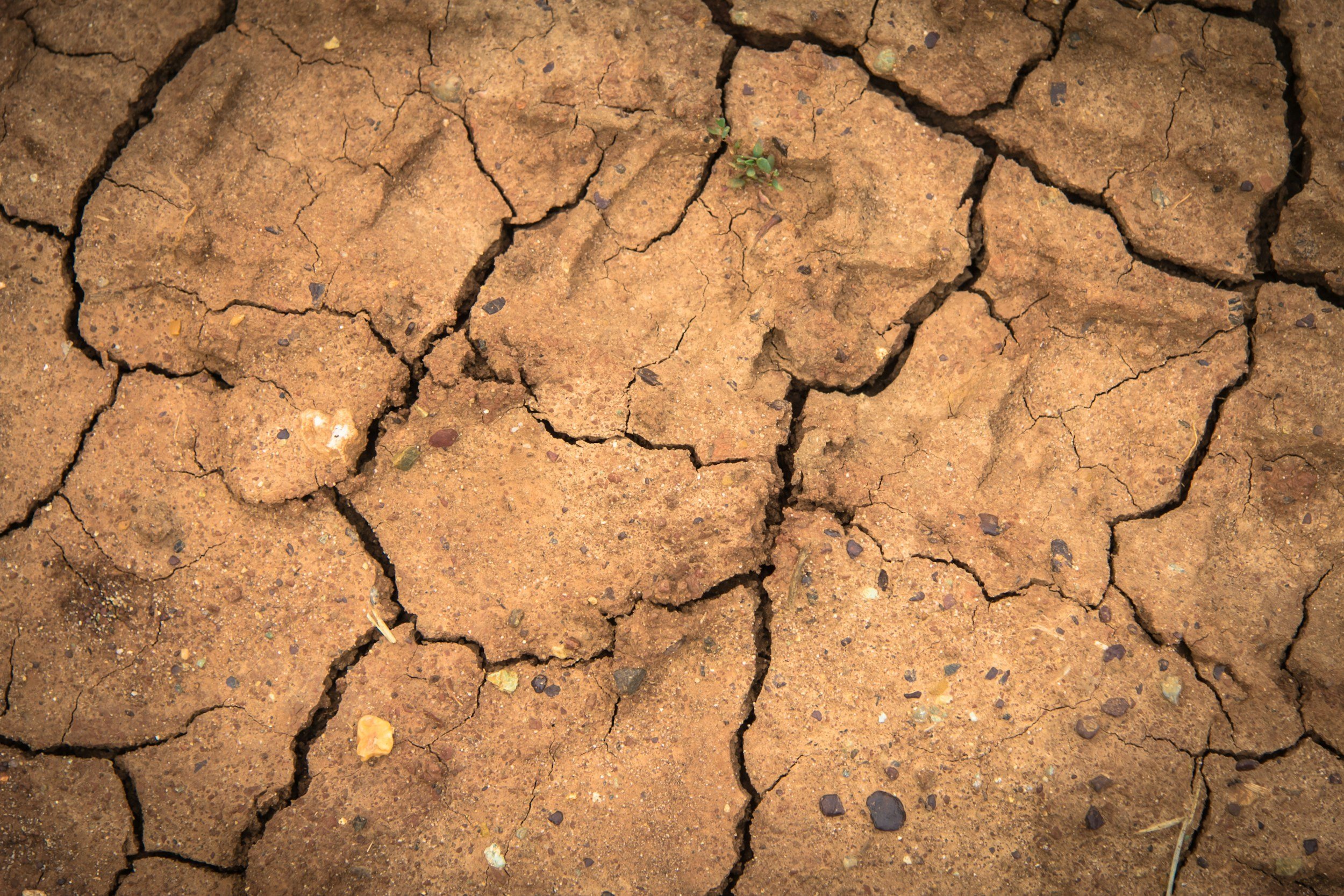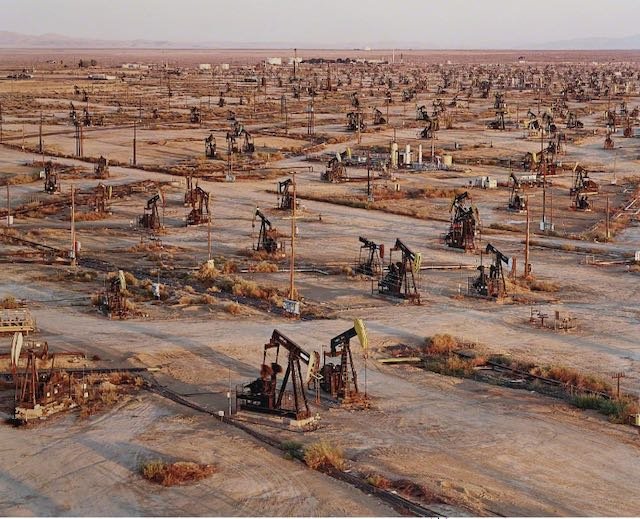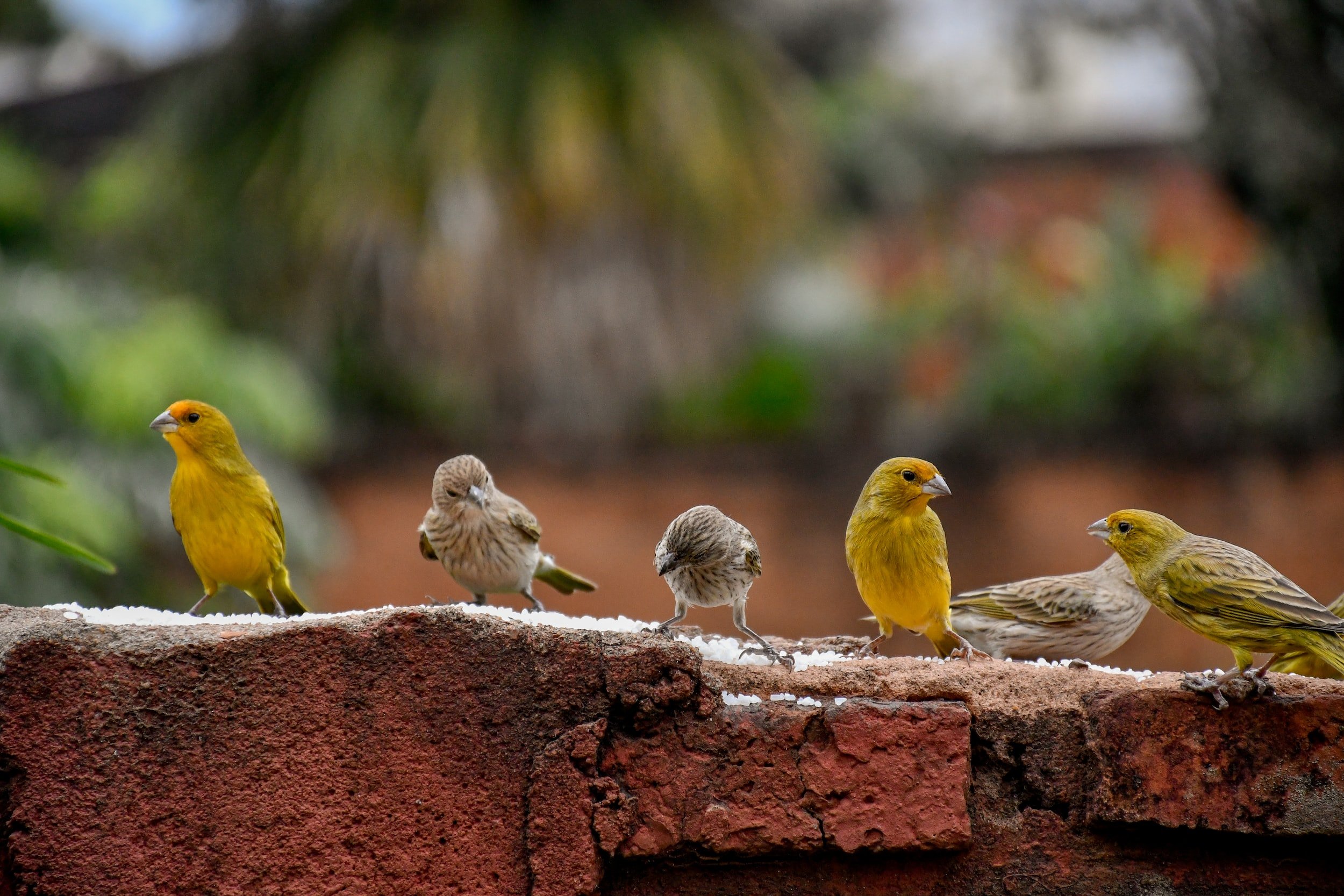
PUBLICATIONS
Publications
Our publications feature a combination of our own writing and pieces from changemakers who are working in the area of sustainable population advocacy from a justice-oriented framework for people, animals, and the planet.

Mirror, mirror on the wall… (eco-hacking AI)
A recent essay produced by AI has been greeted with shock and awe in some quarters. Sam Altman, CEO of OpenAI, declared it to be the first AI essay to make a deep impression on him. ChatGPT presents it as “an AI model good at creative writing.” The Guardian was impressed enough to post it.
In this blog I will be scare quoting the word “writing” when attributed to AI.

Making a case for compassionate entomology
My motivation for writing this piece is to offer a counter to the prevailing viewpoint among entomologists, which is that the goal of attaining more knowledge and greater understanding generally trumps concerns for the survival and well-being of individual organisms. Through such an outlook, killing a bumblebee is justified if it allows her to be identified to species level.

WITNESS: Tiger magic
You’ve probably heard that tigers are endangered, and some of their subspecies critically so. But a century ago, 100,000 tigers roamed the world. They lived in a wide diversity of habitats, including rainforests, temperate and boreal forests, mangroves, river floodplains, and steppes.

In the supermarket of democracy, choice is an illusion. Is there a real alternative?
Too many decades have been lost to the myth that liberal democracies will deliver.

WITNESS: Tales from the Sargasso Sea
Growing up in Athens, Greece I remember vividly the fascination my high school classmates and I shared about “the Bermuda Triangle.” In hushed tones we spoke about this mysterious remote region where ships and airplanes—if they made the grave error of wandering into or over it—would disappear.

Eat, Pray, Pollute
In Barcelona and beyond, people are rising up against a tourism industry that strains infrastructures, commodifies culture and destroys ecosystems.

I’m childfree, not childless. This is what it means.
Intellectually, ecologically, and spiritually, the childfree offer a compelling and wider imagination around belonging and care. They raise — not children — but standards of an ethical life.

A re-commitment to reproductive autonomy and responsibility will help secure a socially just and ecologically sustainable future
While the elevation of reproductive rights [at the 1994 Cairo Conference] appeared commendable, its shift away from demographic and ecological issues has been calamitous and has undermined many of its own social and reproductive justice goals.

Population: The fear of limiting people and our things
Here’s a question almost no one wants to talk about: What is the sustainable size of the human population, at what level of aggregate consumption? Why are so many people afraid to discuss something so essential?

Human-Carbon Nature
Who’s to blame for climate destabilization and the many other ecological crises driving us toward collapse? Looking for the villains in the story is understandable, given the depth of human suffering and the extent of environmental destruction.

Logging is destroying southern forests — and dividing U.S. environmentalists
More than 150 conservation, environmental, and social justice organizations have accused The Nature Conservancy of “promoting false climate solutions.”

Choosing a planet of life
One of the commonplaces of environmental writing these days is a population forecast of 10 billion (or more) people by century’s end. Indeed, this projection is endlessly repeated, as if it were as inevitable as the calculable trajectory of an asteroid hurtling through space.

Overshoot and the incredible shrinking planet
Let’s start with a thought experiment. Suppose you and your close family and friends, perhaps 150 people in all, were confined to an isolated island – let’s call it Esperanza – characterized by landscapes and soils that were representative of average arable land in the United States and that, henceforth, you would have to be food self-sufficient – you have no access to trade goods.

“Green growth” and population denial doom our climate efforts
As the warmest year on record draws to a close, delegates from around the world just reached agreement, after 30 years of meeting on climate change, to transition away from fossil fuels. The legally nonbinding consensus to shift to renewable energy technologies came after delegates arrived via private jet in Dubai, the capital of one of the largest oil producing nations…

Wealth never sleeps
I am congenitally cheap. There is Scottish blood in my veins, which may explain why our family crest reads: “Fix it up, wear it out, make it do, or do without.”

Making holidays happier and more humane
For many of us, the holidays are a chance to get together with our human and companion animal family and catch up on much-needed rest. In the global North, despite the melancholic embrace of chilly nights and short days, we know that winter has its own place and the wheel of the year its own logic - that many of the seeds fallen from their stalks in late summer must weather a frost to sprout again the following spring.

Why I am not going to consult AI
"AI can help writers save time, reduce costs, overcome creative obstacles, and produce diverse and original content for different channels and audiences." - Linked-In advice, regarding the usefulness of AI for writers
No thanks. In the words of Bartleby, The Scrivener, written by Herman Melville with neither computer nor AI, I would prefer not to.

The fallacy of endless economic growth: What economists around the world get wrong about the future
The idea that economic growth can continue forever on a finite planet is the unifying faith of industrial civilization. That it is nonsensical in the extreme, a deluded fantasy, doesn't appear to bother us.

Reproductive autonomy is fundamental to conservation
Overconsumption has brought us the climate crisis, the Sixth Great Extinction, expanding desertification, and the depletion of fresh water supplies across the globe. But it is humans, at this point eight billion of us, who are doing that consuming. It should not be controversial that our profound state of ecological overshoot is a product of both our population and our consumption.

Family life in a nature-loving world
My wife and I are part of a large family. We have no children, no pets, but all the kin in the world. You, too, are part of this bonded group. It is true that we will never know the identity of the last common ancestor that you and I share with the old lady down my road, the birds in the back garden, the worms in the compost pile, the bacteria in my stomach, your stomach, and the deep sea, and all our other living relatives…

